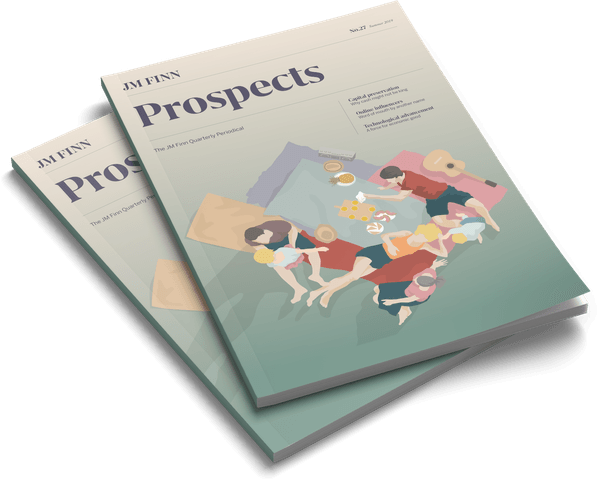My view is that Trump stimulates the economy into the next November 2020 election. With 3.6% unemployment, the lowest level since 1969, the probability is that further economic growth is going to feed through to wage inflation which is already quite high at 3.4% and much higher than CPI inflation at 2%.
Put more simply, if the economy grows faster than its current rate of 3.2% then employers need to produce more to meet the new demand. That means either productivity improvements (making more with the same assets) or employing more people. If there are no unemployed then employers have to raise wages to attract workers from other employers. If this wage inflation feeds through to the cost of goods and services via workers buying more with their greater wages, or through employers passing through the higher wage cost to the goods and services, then CPI will increase.
Over the last decade, the Fed, and indeed most central banks have been trained, by the markets, to be cautious with putting rates up in the face of greater inflation. Also, President Trump is not exactly shy when it comes to criticising the Fed for putting rates up so political pressures must weigh on their thinking as well.
What this means is that when the Fed sees CPI inflation increasing, they could well be timid about putting rates up to start with. This will allow CPI inflation to run away with itself until, in my opinion, the Fed goes into “interest rate catch up mode”, pokes in some swift and firm rate hikes to the point that the US, and indeed the rest of the world, flips into the next recession.
This view rests upon the US and China reaching an agreement on trade before the next US election in 2021. Trump sits with a strong hand. He knows that China’s sensitivity to US growth is much stronger than America’s to China’s, so trade tariffs hurt China more than they hurt the US. As mentioned above, Trump has a strong US economy growing at 3.2% and strong wage inflation riding far above CPI inflation. The Americans can take a small trade war driven hit to their economy and still feel pretty good.
By contrast the Chinese are in a weak position. They have a political objective of stability and they see debt as a driver of instability and are trying to get it down. But at the same time they have to grow their economy by 6% per annum in order to generate the jobs that the 16 million Chinese school- and university-leavers need each year.
If Trump slows China’s economy then the Chinese have to stimulate their economy by making it easier to borrow more and generate the growth that they need to avoid social unrest. The Chinese would rather not do this which is why I think the US and China will agree to drop tariffs towards the first half of 2020. Even if interest rates soften over the next few weeks, expect them to be trending higher by this time next year





